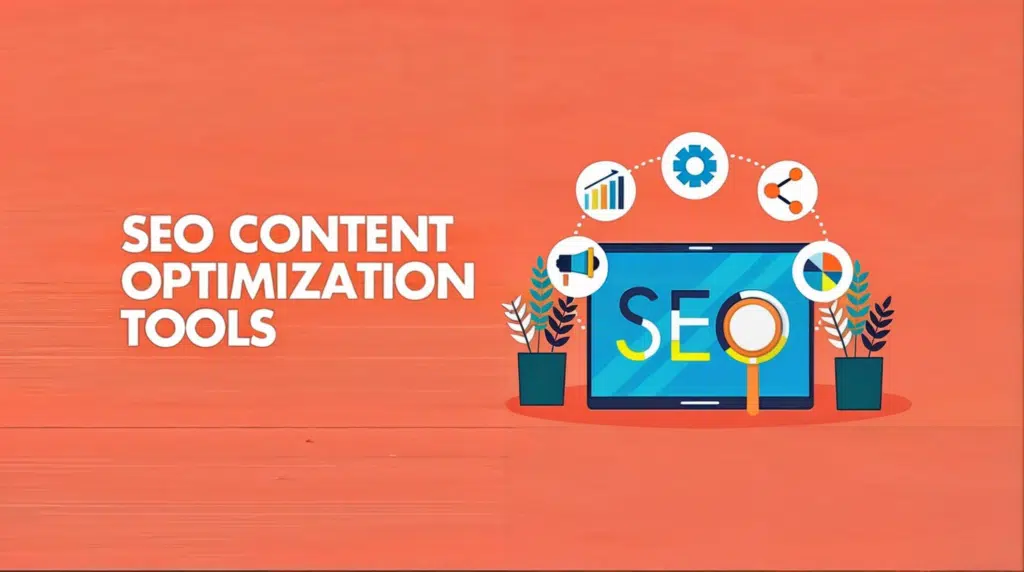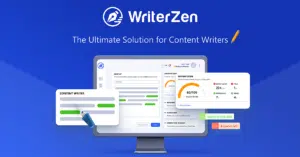In today’s digital age, having a strong online presence is crucial for businesses to thrive. One of the key factors in achieving this is search engine optimization (SEO). By optimizing your website for search engines, you can improve its visibility, attract more organic traffic, and ultimately increase your chances of success. To accomplish this, utilizing SEO optimization Content Creator WriterZen is essential. In this article, we will explore the world of Best SEO optimization tools, their benefits, and how they can help you enhance your website’s performance.
Thank you for reading this post, don't forget to subscribe!In the competitive online landscape, SEO optimization tools act as your trusted companions, providing valuable insights and guidance to improve your website’s search engine rankings. These tools come in various forms, ranging from keyword research tools to backlink analysis tools, and everything in between. Let’s dive into some of the most popular SEO optimization tools available today.
1. Keyword Research Tools:
Keywords are the foundation of SEO. Keyword research tools help you identify relevant keywords that can drive targeted traffic to your website. Tools like Google Keyword Planner, SEMrush, and Moz Keyword Explorer offer comprehensive keyword analysis, search volume data, and competitor insights to help you choose the right keywords for your content.
2. On-Page SEO Tools:
On-page SEO is all about optimizing individual web pages to rank higher and earn more relevant traffic. Search Engine optimization tools, such as Yoast SEO and SEOptimer, analyze your web pages for factors like keyword usage, meta tags, URL structure, and content quality. These tools provide actionable recommendations to optimize your on-page elements effectively.
3. Technical SEO Tools:
Ensuring your website is technically sound is crucial for better search engine visibility. Technical SEO tools like Google Search Console and Screaming Frog help you identify and fix technical issues that may hinder your website’s performance. These tools analyze factors like crawlability, indexing, site speed, and mobile-friendliness, allowing you to optimize your website for a seamless user experience.
4. Backlink Analysis Tools:
Backlinks play a vital role in SEO, as they indicate the credibility and authority of your website. Backlink analysis tools, such as Ahrefs and Majestic, help you identify and analyze your website’s backlink profile. You can explore your competitors’ backlinks, monitor the quality of your own backlinks, and discover new link-building opportunities using these tools.
5. Rank Tracking Tools:
Tracking your search engine rankings is essential to measure the effectiveness of your SEO efforts. Rank tracking tools like SEMrush and AWR Cloud provide accurate and up-to-date ranking data for your target keywords. These tools allow you to monitor your progress, track your competitors’ rankings, and make informed decisions to improve your website’s visibility.
By leveraging these SEO optimization tools, you can gain a competitive edge in the online landscape. However, it’s important to note that SEO is an ongoing process, and these tools are meant to assist and guide you along the way. Regularly analyze your website’s performance, adapt your strategies, and stay up-to-date with the latest SEO trends to ensure long-term success.
Final Thoughts
SEO optimization tools are invaluable assets for businesses seeking to enhance their online visibility and rankings. From keyword research to technical SEO analysis, these tools provide actionable insights and recommendations to improve your website’s performance. Incorporate them into your SEO strategy, stay proactive, and watch your website climb the search engine ladder.










